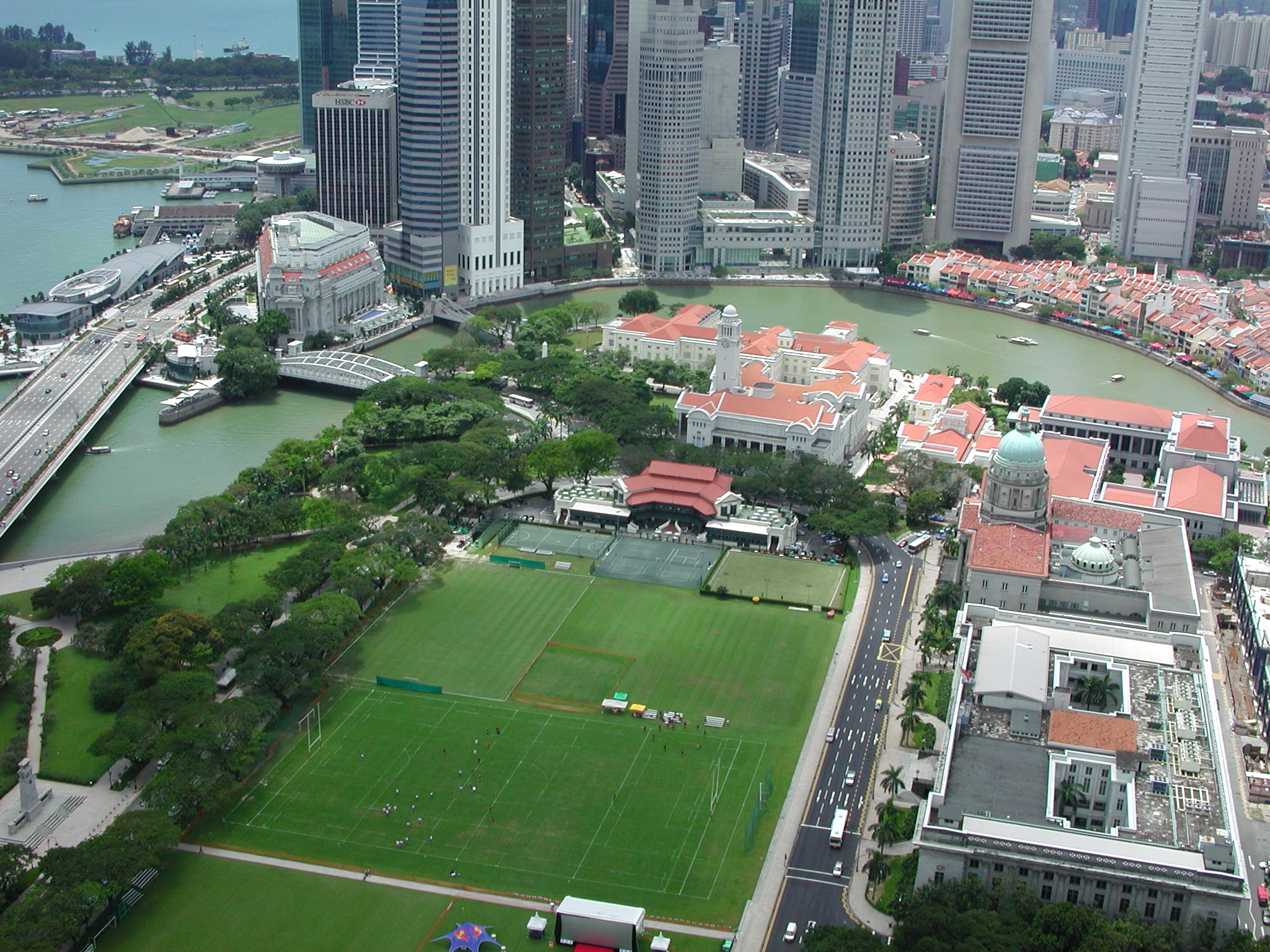Quora Answer: Should Singapore’s Shari’ah Court Punish Apostates to Protect the Malay-Muslim Community?
بِسۡمِ ٱللهِ ٱلرَّحۡمَـٰنِ ٱلرَّحِيمِ
The following is my answer to a Quora question: “Should Singapore’s shari’ah court punish local Muslim apostates to protect the Malay-Muslim population?”
The assumptions of the questions are wrong on many levels. You should be disabused of certain notions, and misconceptions.
Firstly, Singapore is a secular state. It does not promote, or protect one religion at the expense of others. We allow the free market of ideas, and people have the right to choose their faith traditions. If we allow such rules, preventing Muslims from converting out, we should allow the same for every other religion, meaning there will be no conversion to Islam.
Secondly, the shari’ah court in Singapore is a tribunal, established under the auspices of the Administration of Muslim Law Act, Cap 3. It is not a full court, and may only render judgements through the requisite courts, such as Family Court for custody. Shari’ah court presides over the finalisation of divorce for marriages registered under the Registrar of Muslim Marriages; and fara’idh, the Muslim inheritance law. Whilst, theoretically, it could be used to rule on other sections of the AMLA, that would be problematic, and any of them may be challenged successfully under other existing statutes. There is no penalty for apostasy under the AMLA since that would contravene the Constitution.
Thirdly, classical fiqh, jurisprudence itself; and the sunnah, example, of the Prophet (s.a.w.), has no such penalty for apostasy. That would contradict the Qur’an, which Explicitly States that there is no compulsion in religion:
سُوۡرَةُ البَقَرَة
لَآ إِكۡرَاهَ فِى ٱلدِّينِۖ قَد تَّبَيَّنَ ٱلرُّشۡدُ مِنَ ٱلۡغَىِّۚ فَمَن يَكۡفُرۡ بِٱلطَّـٰغُوتِ وَيُؤۡمِنۢ بِٱللَّهِ فَقَدِ ٱسۡتَمۡسَكَ بِٱلۡعُرۡوَةِ ٱلۡوُثۡقَىٰ لَا ٱنفِصَامَ لَهَاۗ وَٱللَّهُ سَمِيعٌ عَلِيمٌ (٢٥٦)
Let there be no compulsion in religion. Truth stands out clear from error; whoever rejects evil, and believes in Allah, has grasped the most trustworthy handhold, that never breaks. And Allah Hears, and Knows, all things. (Surah al-Baqarah:256)
The death penalty, in classical jurisprudence, pertains to sedition, and waging war against the state. An example would be the Ridda’ Wars, in the caliphate of Sayyidina Abu Bakr ‘Abdullah ibn ‘Utsman asw-Swiddiq (r.a.). The people who apostatised killed their fellow tribesmen who refused to leave Islam. They were executed for murder, and waging war, not apostasy itself.
Throughout the time of
the Prophet (s.a.w.), there were several prominent people who converted,
and left Islam. The most famous example
was ‘Ubaydullah ibn Jahsh, one of the famous hunafah, monotheists, of
pre-Islamic Arabia. He came to Islam,
but during the exile in Abyssinia, he converted to Christianity. He died a Christian.
Finally, what exactly are the Muslims in Singapore being protected from? If any person’s faith is so delicate that the faith choices of others affect them, then they have no right to call themselves Muslim, because their religion has no foundation. Also, why specifically the Malay Muslim population? Are the Malay Muslims so special that we should treat them as distinct from other Muslims? This sort of thinking is imported from Malaysia, with its sectarian politics. It should not be tolerated in Singapore.




Comments
Post a Comment
Thank you for taking the time to share our thoughts. Once approved, your comments will be posted.